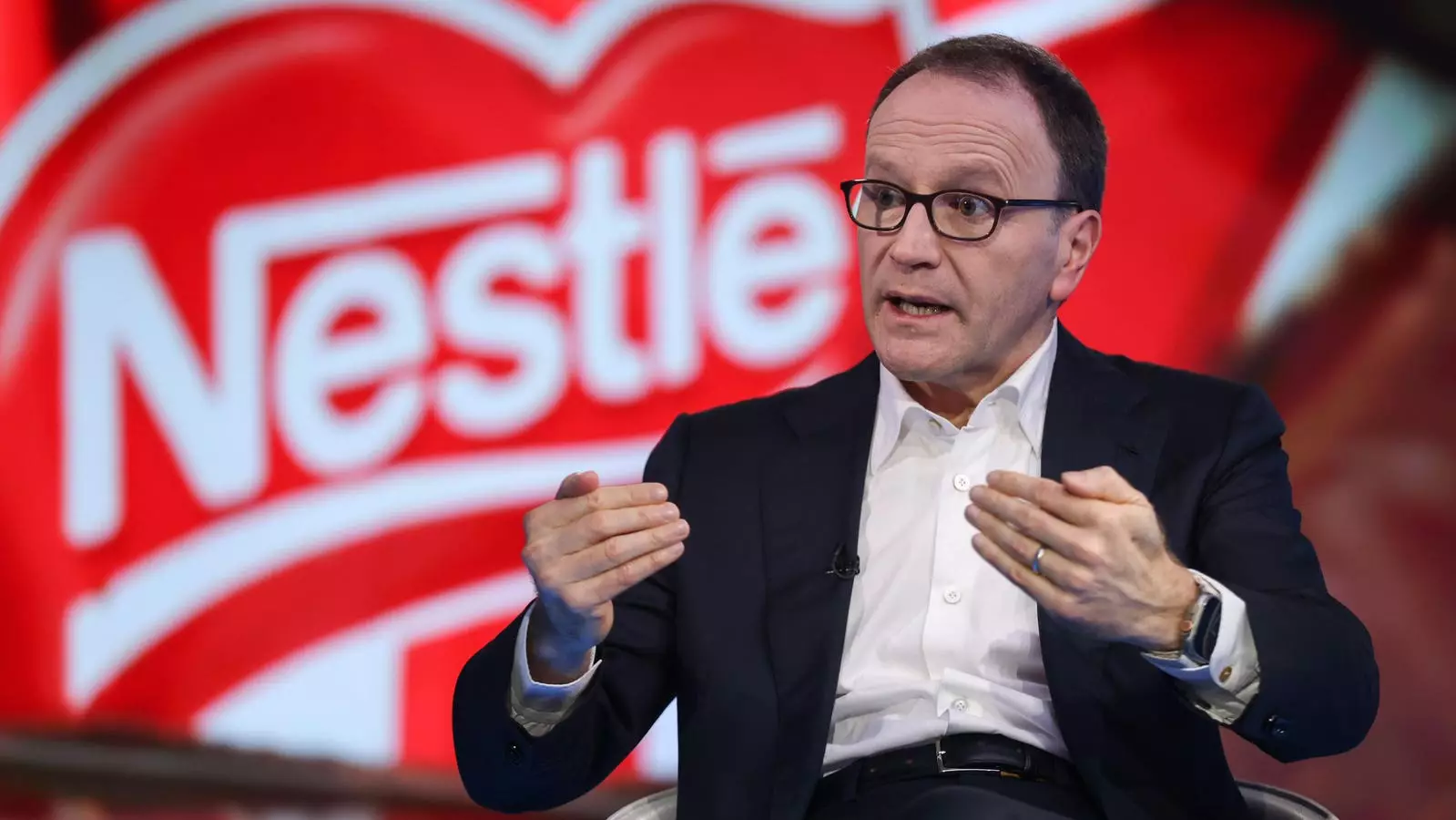Nestlé’s CEO, Mark Schneider, recently discussed the company’s strategic approach to tapping into the weight loss drug market by acknowledging and catering to the changing nutritional needs of consumers. Initially, there were concerns within the food industry that the rising popularity of GLP-1 drugs like Ozempic, Mounjaro, and Wegovy would lead to a decrease in food consumption, impacting industry profits. However, Schneider emphasized that consumers on these weight loss drugs are not eliminating their nutritional needs but rather shifting them. This shift presents a unique opportunity for companies like Nestlé to provide tailored products to this specific consumer segment.
Schneider highlighted Nestlé’s ambitious goal of developing healthier “companion products” to meet the needs of individuals using GLP-1 drugs. One of the upcoming offerings from Nestlé is a frozen food line called Vital Pursuit, specifically designed for GLP-1 users. This strategic move aligns with Nestlé’s vision to address the evolving needs of consumers and capitalize on the growing trend of individuals seeking weight loss solutions. Additionally, Schneider hinted at the potential launch of more “companion offerings” targeting consumers taking obesity drugs, indicating Nestlé’s commitment to innovation and adaptation in response to market dynamics.
While Nestlé’s focus on developing products for GLP-1 drug users is a significant aspect of its strategy, Schneider emphasized that this would be an addition to the broader food and drinks industry rather than its sole focus. Noting that a substantial portion of consumers are not on a GLP-1 diet, Schneider highlighted the importance of catering to diverse consumer preferences and needs. By offering a range of products that appeal to consumers across different segments, Nestlé aims to maintain its relevance and competitiveness in the market.
The emergence of GLP-1 agonists has revolutionized the weight loss industry due to their ease of use and effectiveness in promoting weight loss. These drugs mimic the action of gut hormones involved in regulating appetite and blood sugar, offering a level of weight loss that was previously only achievable through surgical interventions. Additionally, research indicates that GLP-1 drugs may have potential benefits beyond weight loss, including addressing conditions such as sleep apnea, addiction, anxiety, Parkinson’s, and kidney disease. With pharmaceutical giants like Novo Nordisk and Eli Lilly dominating the field with their respective drugs, the weight loss industry is experiencing a significant transformation.
Despite initial concerns within the food industry about the impact of GLP-1 drugs on sales, companies like Nestlé are leveraging this changing landscape as an opportunity for growth and innovation. By developing specialized products for consumers on weight loss medications, Nestlé is positioning itself as a leader in catering to evolving consumer needs. This strategic positioning reflects Nestlé’s commitment to adaptation and continuous innovation in response to market dynamics, ensuring its sustainability and competitiveness in the ever-evolving food industry landscape.

